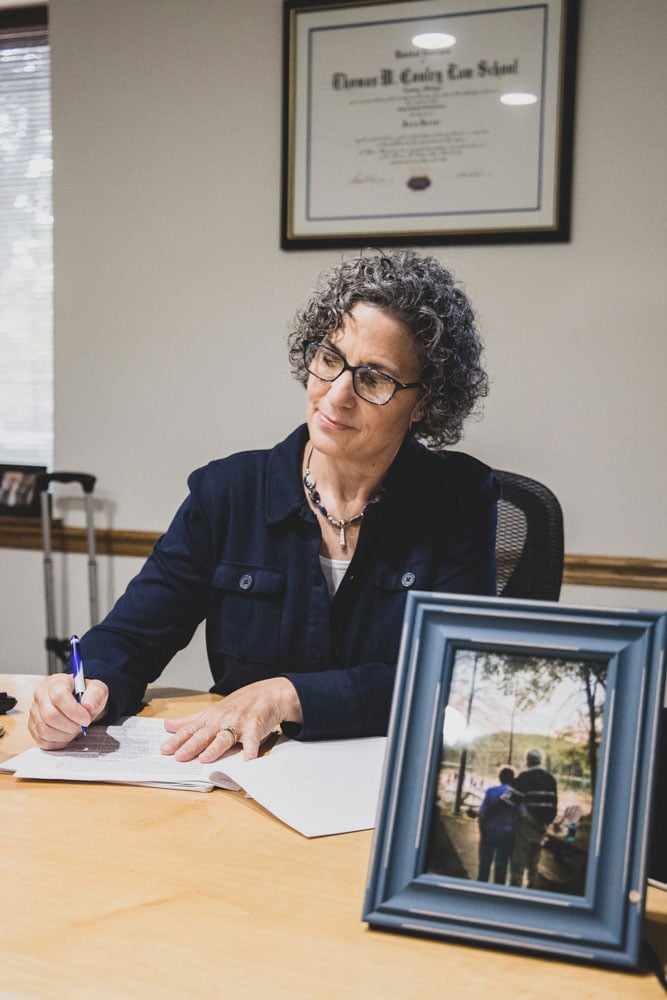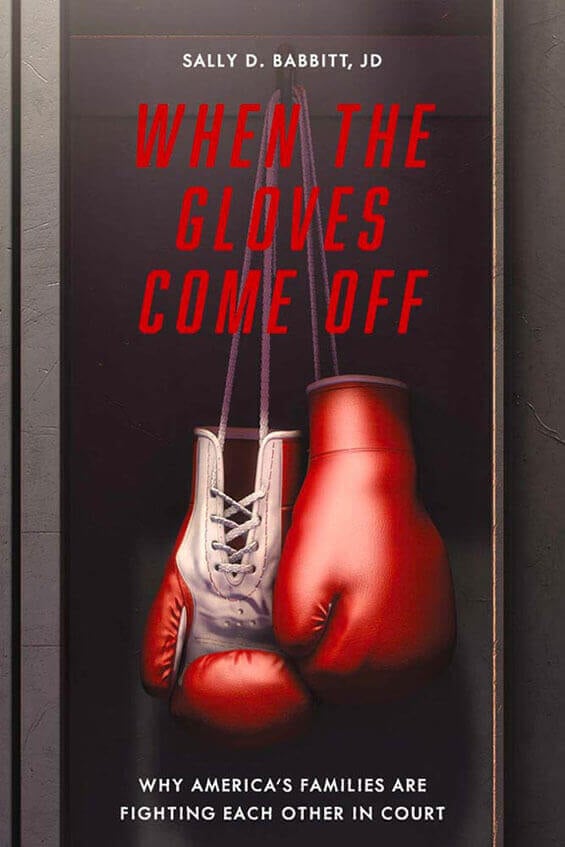Personalized Representation In Estate Law
Since 2001, Sally Babbitt has provided Michigan families with custom, compassionate guidance through estate planning, administration and litigation.
Meeting Michigan’s estate and probate needs for over 20 years.
Full-Service Probate And Estate Planning
When a death or incapacity affects your family, you need diligent, clearsighted counsel to provide guidance and support during your time of grief. At Babbitt Legal Group, PC, we are dedicated to serving the interests of individuals and families in Michigan as a full-service probate and estate firm.
Whether you have questions about making your own estate plan, are modifying your existing plan or navigating the division of a loved one’s assets, we can help. Our strength lies in our unique ability to litigate your case if necessary, in addition to our understanding of the planning and administration processes.
An Experienced Planner, Litigator and Mediator
Founding attorney Sally D. Babbitt has been practicing estate and probate law for over two decades. As an experienced planner, skilled litigator and court-approved mediator, she is confident in guiding individuals and traditional and blended families through the process of creating an estate plan, overseeing its administration, and challenging, defending or appealing a contested estate.
Sally prides herself on her ability to form a trusted, personal connection with those she represents, and is respected for her willingness to address difficult questions with forthrightness and focus. Her versatility and dedication in estate planning, administration and litigation enables you to concentrate on supporting your loved ones while she shoulders your legal burden.
An Experienced Planner, Litigator and Mediator
Founding attorney Sally D. Babbitt has been practicing estate and probate law for over two decades. As an experienced planner, skilled litigator and court-approved mediator, she is confident in guiding individuals and traditional and blended families through the process of creating an estate plan, overseeing its administration, and challenging, defending or appealing a contested estate.
Sally prides herself on her ability to form a trusted, personal connection with those she represents, and is respected for her willingness to address difficult questions with forthrightness and focus. Her versatility and dedication in estate planning, administration and litigation enables you to concentrate on supporting your loved ones while she shoulders your legal burden.

Forceful Advocacy In Litigation
Individuals and families sometimes find themselves in a contested estate matter, either disputing a will or trust, or fighting for their rights as an heir or beneficiary. If you are involved in a contested court case, Sally can help you understand the process of dealing with a disputed will or trust and provide advocacy for you in what can be highly contentious matters. She is an experienced litigator and will take your case to court if necessary. She was the trial attorney for a case that generated two appeals, both affirming the lower court’s decision that a partnership had been formed between a father and son who farmed together even without formal filings or documents. (In re: Mark Moon Estate, 2011). Sally can handle your case in the appellate process as well, even if you had other counsel in the original probate matter. Whatever the issue, she is honest and direct regarding tough questions and choices.
Sally also provides mediation services. She is a court approved mediator for both domestic relations and general civil cases in multiple counties, with enhanced experience in probate and family law cases.
Client Reviews
Get honest, reliable representation today.











